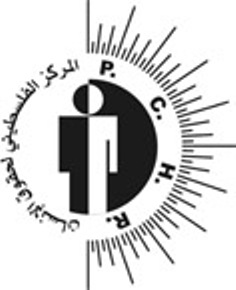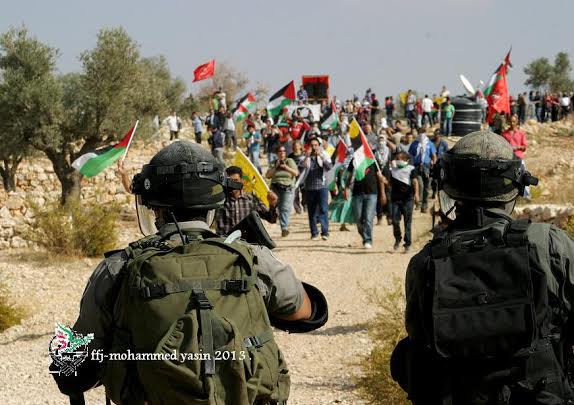Category: In the Media
-
Forging new links to boycott movement in Gaza
16th December 2013 | The Electronic Intifada, Joe Catron | Gaza City, Occupied Palestine The Gaza Strip, now in its seventh year of a comprehensive siege by Israel, has faced increased hardships since the 3 July coup in neighboring Egypt. On 26 November, the United Nations’ Office for the Coordination of Humanitarian Affairs warned that the Palestinian enclave…
-
PNGO and human rights organizations calls for immediately ending suffering of civilians due to electricity outages
29th November 2013 | Palestinian Centre for Human Rights| Occupied Palestine The Palestinian Non-Governmental Organizations Network (PNGO) and human rights organizations in the Gaza Strip express their deep concern for the deteriorating humanitarian conditions of the population of the Gaza Strip due to the continued tightened closure imposed by Israel on 1.8 million people and its…
-
Several injuries during Bi’lin weekly demonstration
16th October 2013 | Friends of Freedom and Justice | Bil’in, Occupied Palestine Yesterday during the weekly Bi’lin demonstration, an Egyptian photographer was injured after being shot by a tear gas canister in his back, Ismaeil Mohamed Abu Rahma (17-years-old) was shot by three rubber bullets in his back and Mohamed Hamed (21-years-old) suffered from tear gas…



